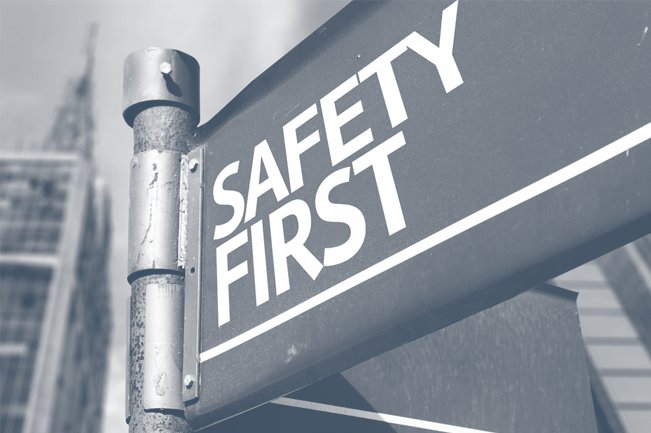EA-Free vs. BPA-Free
There may be a new standard for plastics after a researcher’s discovery regarding its safety. While BPA-free is something that most consumers look for when purchasing plastics, “EA-free” may be an even better option. EA-free means the product is not only free of BPA, or bisphenol A, but also free of other chemicals that mimic the hormone estrogen.
A recent legal battle has arisen between the chemical company Eastman Chemical who creates Tritan plastic and a scientist with business interests in the plastics industry over EA-free products. Tritan was developed as a tough, high temperature chemical resistant, dishwasher-resistant product. When developed, Tritan did not contain BPA, which increased its popularity at the time. Around the same time, the FDA was still trying to decide if BPA posed a risk. George Bittner, a professor of neuroscience at the University of Texas at Austin, had determined long before Tritan was developed that BPA was not the only harmful chemical that could act like estrogen in plastics. Bittner founded PlastiPure, a company which made plastics without estrogen chemicals. He also founded CertiChem, a company that test plastics for estrogenic activity. As the word spread to consumers, people started demanding the products be free of any estrogenic activity.
In response, Eastman added “EA-free” to Tritan’s description. PlastiPure then released marketing information stating that Tritan products were not free of estrogenic activity. Eastman filed legal action against PlastiPure claiming the company had shared misleading statements. The federal jury ended up siding with Eastman, and PlastiPure and CertiChem were required to change their marketing. In December 2014, an appeals court upheld the ruling.
After the lawsuit, Bittner’s companies decided to get its message out by publishing articles and papers about estrogenic plastics that specifically highlight products like Tritan. This is allowed due to its scientific context. Consumers must now do their own research based on the safety agency’s opinions and other companies’ scientific research. The The FDA issued a statement at the end of 2014 that products made with BPA are safe, which you can read here.
Source: NPR
